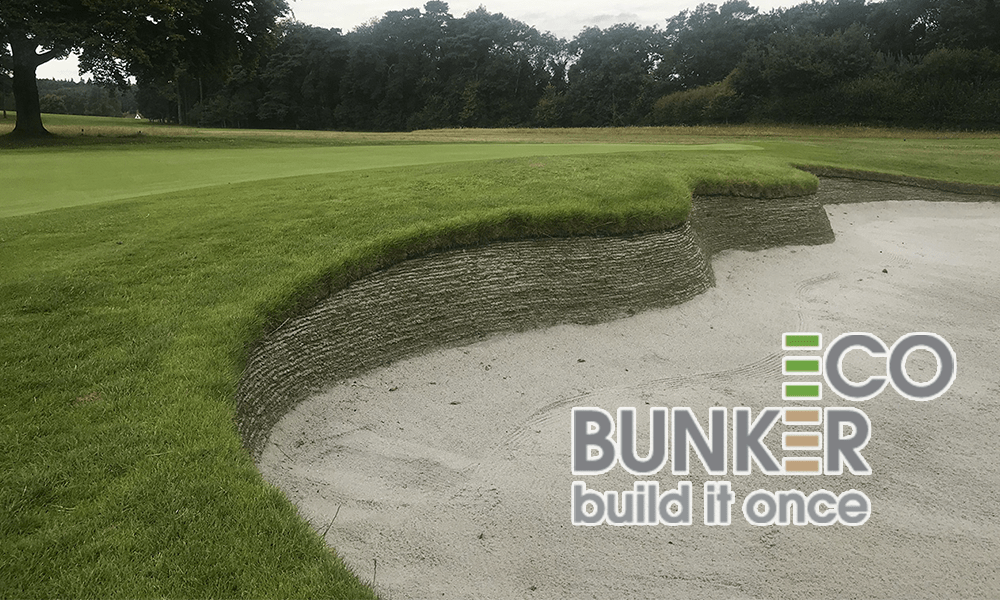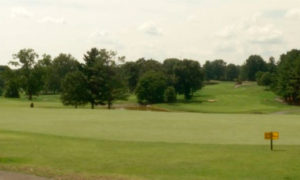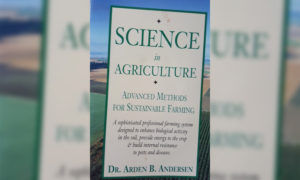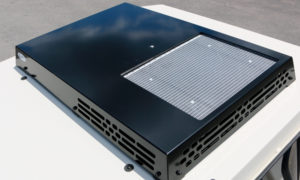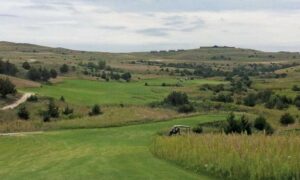*A recent report by the Welsh government has found that EcoBunker synthetically revetted bunkers have a significantly lower environmental impact than naturally turfed revetted bunkers. The report specifically cites EcoBunker’s promotion of a circular economy alongside the consumption of vast resources including water, chemicals, fertilisers, and energy associated with turf farming.
“People often ask what is ‘Eco’ about synthetic revetting,” said EcoBunker founder Richard Allen upon the release of the report by the Welsh government. “We start with the fact that an average EcoBunker saves two tons of waste astroturf from landfill. All our turf is recycled so nothing new is created. Then there’s virtually zero maintenance in comparison with natural turf revetting, so no emissions or chemicals needed for upkeep. We eliminate contamination from bunker wall erosion, reducing the need for replacement sand which brings its own environmental impact, and this is all before you consider the negative impact of turf farming.”
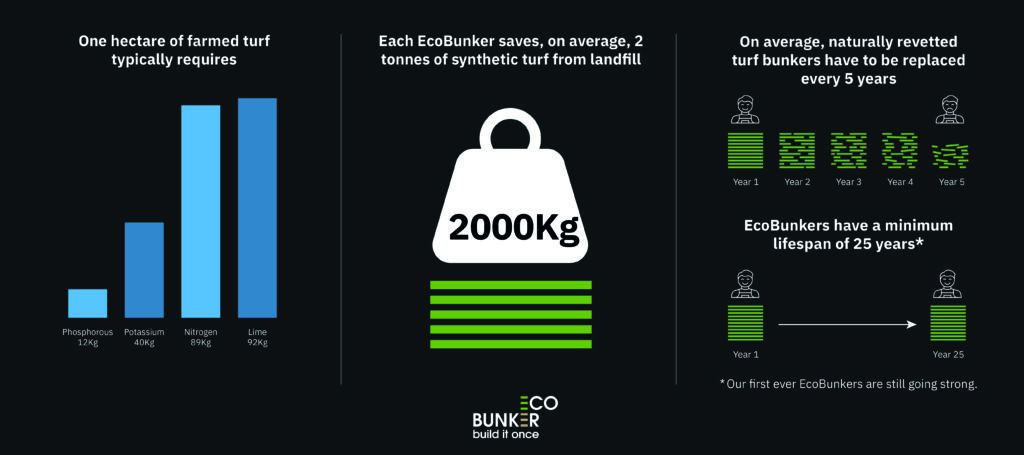
The report measured the use of fertilisers, pesticides, weed-killers and disease-controlling chemicals[1] in the production of farmed turf. One Hectare typically (depending on geography, soil and climate) requires 89kg Nitrogen, 12kg Phosphorous, 40kg Potassium[2] and 92kg Lime[3]. This often washes off into nearby water courses contributing to “algal blooms” and a reduction in marine bio-diversity.
The report goes on to show that intensive farming of turf removes the nutritional layer of topsoil and the soil organisms (fungi, earthworms, bacteria) leaving it largely barren. Repeated use of the land this way necessitates intensive artificial fertilising.
The various advantages of EcoBunker synthetic revetting detailed in the report align with the most recent advice from golf’s governing bodies and environmental experts. Golf Wales, England Golf and the GEO Foundation for Sustainable Golf all highlight recycling, reducing waste and reducing the use of chemicals as key targets to help bring down emissions [4].
“Turf farming does provide a vital resource to the landscaping industry, and not all natural revetted turf is intensively farmed. Where large areas of turf coverage is needed there are some superb examples of turf suppliers using sustainable practices, and quickly solving urgent landscaping challenges,” added Richard. “But with thick cut revetting turf, the evidence is clear. Not only do EcoBunkers use 100% recycled materials, the ongoing maintenance burden with the associated cost and resources, are slashed. Finally, all but the top layer of naturally turfed revetted bunkers just don’t have enough access to light and soil to maintain a root structure. So, they gradually disintegrate and, on average, have to be replaced every 5 years. The evidence for the sustainability of one EcoBunker is convincing. When you have to re-build a natural turf bunker four times in our minimum guaranteed 20 year lifespan, it really is overwhelming.”
The sustainability credentials of EcoBunker were recently highlighted when the company completed a project at Royal Ostend Golf Club. With stringent environmental regulations in place designed to protect the natural environment in coastal areas, EcoBunker was chosen as the most sustainable solution, preferred to natural revetting and surpassing all standards for use of new resources and harmful chemicals.
For more information on EcoBunker please visit www.ecobunker.co.uk
ABOUT ECOBUNKER
EcoBunker is a team of inventors, engineers and greenkeepers that design, advise and supply the most advanced patented bunker solutions within the industry. We are so proud of our advice, construction, and materials, that we guarantee our installations will last at least 20 years. Relied upon by the best golf course architects, you will find our innovative, effective and low maintenance solutions at some of the absolute best golf courses in the world.
[1] Cornell University Turfgrass Program, study on cool climate turf management practices, https://turf.cals.cornell.edu/environment/
[2] Energy use and greenhouse gas emissions from turf management of two Swedish golf courses, https://doi.org/10.1016/j.ufug.2016.11.009
[3] https://www.horticulture.com.au/globalassets/hort-innovation/resource-assets/tu16000-lifecycle-assessment—goal-and-scope.pdf
[4] https://www.walesgolf.org/sustainability, https://www.englandgolf.org/sustainability, https://sustainable.golf/developments/

